5 Signs of Anxious Depression
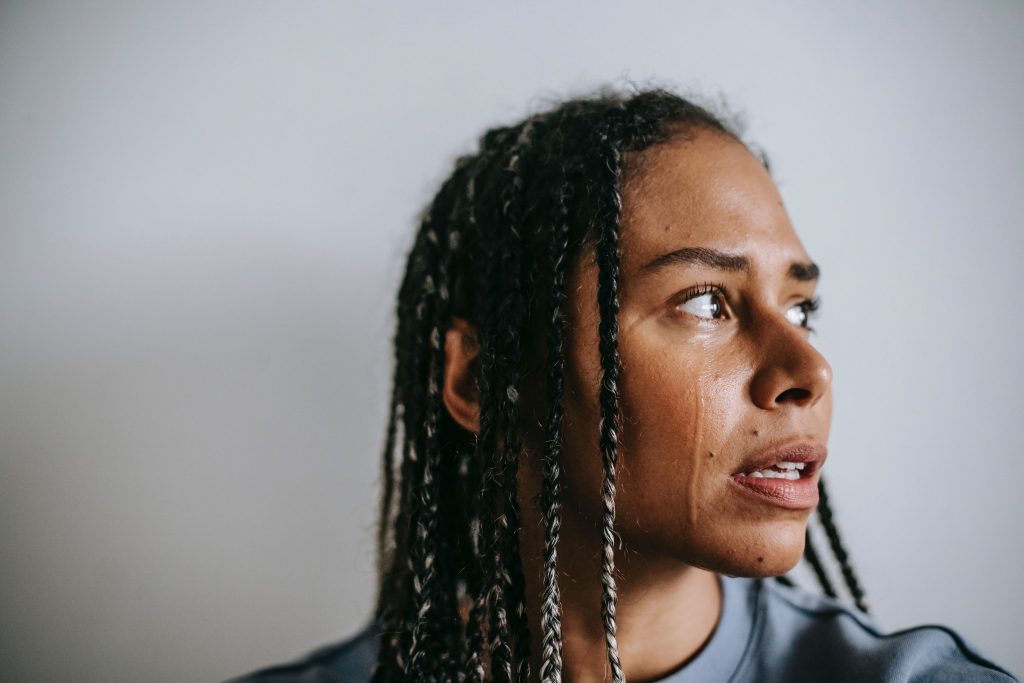
Hi there Psych2Goers, this is a disclaimer that this article is for informative purposes only. It is not intended to diagnose or treat any condition. Please reach out to a qualified healthcare provider or mental health professional if you are struggling.
Depression and anxiety are the two most commonly diagnosed psychiatric conditions. The two are very different from one another, but both are extremely unpleasant and interfere with normal life activities. However, did you know it is possible to have both at the same time? To better look at the similarities between the two conditions, in this article, we’ll be looking at 5 signs of anxious depression.
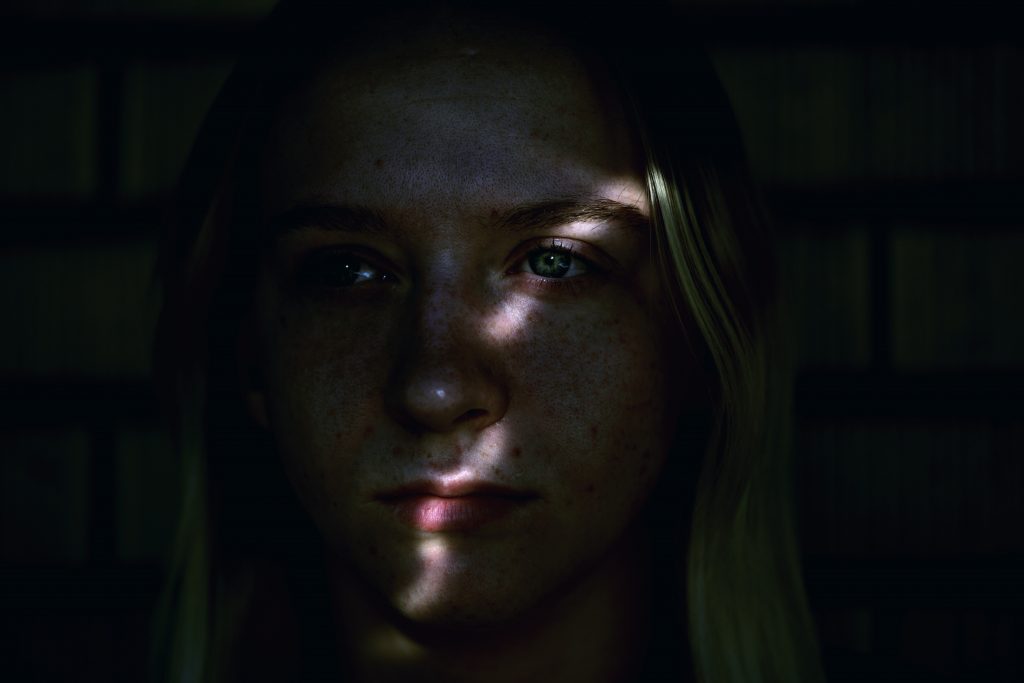
What Is Anxiety and Depression?
Anxiety and depression are two disorders that seemingly contradict each other on the surface. Depression is typically characterized with a lack of motivation and overall sad feeling. On the other hand, anxiety is constantly worrying and feeling on edge. While different, these can overlap making it hard to treat one disorder by itself. It should be noted that anxious depression is not an official medical diagnosis, it is the informal term for an overlap of the two conditions.
Some symptoms of depression include:
- Excessive sleepiness
- Apathy
- Persistent sad feeling
- Hopelessness
- Lack of motivation
(Source: Mayo Clinic 2018a)
Anxiety symptoms include:
- Restlessness
- Irritability
- Excessive worry
- Sense of doom
(Source: Mayo Clinic 2018b)

1. You Have Been Diagnosed With Either Depression or Anxiety
Depression and anxiety have a high comorbidity rate; meaning nearly half of those diagnosed with either depression or anxiety, likely have the other condition as well (ADAA 2010). This means if you have a diagnosed condition, there is a strong chance of having another. Being able to treat both conditions is crucial for your well being.

2. You Feel Apathetic, But Also on Edge
As depression and anxiety are different, they tend to conflict with each other. On one hand, you feel that nothing matters and find it hard to care about things you once enjoyed. On the other, you find yourself caring intensely about something with little consequence. These feelings are uncontrollable and you find yourself constantly switching between modes of thinking.
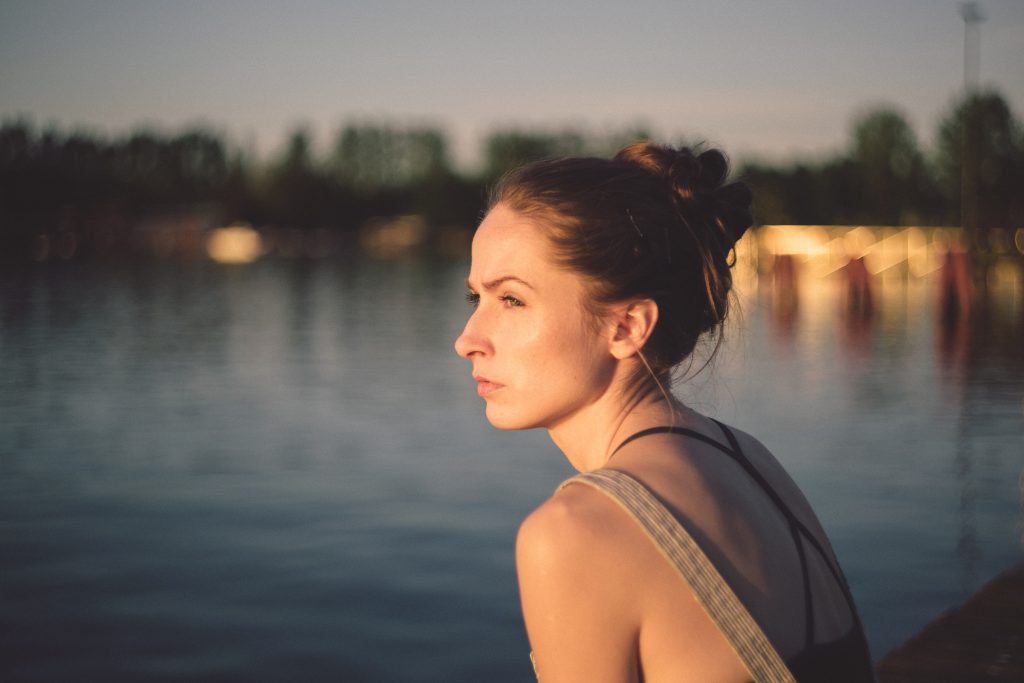
3. You Are Tired In the Day, But Restless at Night
Tiredness is typically a depressive symptom whereas anxiety is associated with restlessness. These two symptoms tend to act up in all the wrong times. Perhaps you felt that you were unable to accomplish anything during the day due to lack of energy. At the same time, you cannot sleep as your mind is spinning with all sorts of worries. This makes sleeping extremely difficult, which can lead to other problems later on.

4. You Are Constantly Exhausted, But In a Loop
When you’re in a constant cycle of depression and anxiety, it can be hard to focus on anything else. As both conditions are draining, you may find that you lose yourself to your condition and have little energy to spare. This loop is especially disruptive to living a normal life, which makes seeking help a bigger priority.
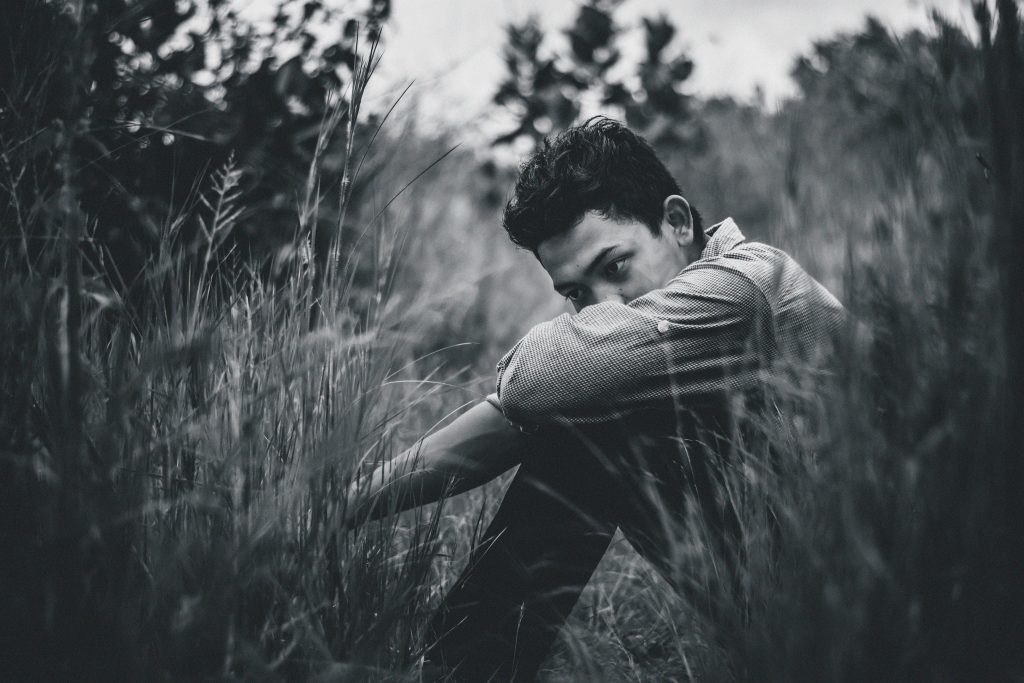
5. You Are at War with Yourself
Depression and anxiety can fight with each other completely disrupting your inner peace. You may find it impossible to enjoy yourself as you struggle with either a depressive or anxious mindset with little rest in between. You care too much about some things, and too little about others. You may also find yourself completely lost without knowing how to cope with your feelings.
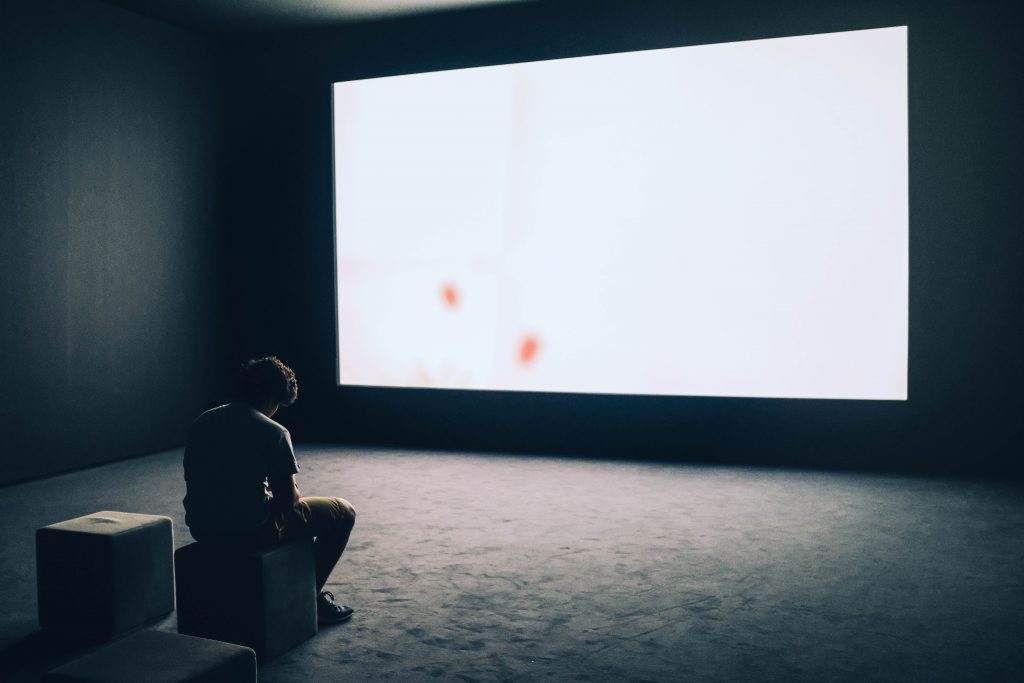
While depression and anxiety are seemingly contradictory conditions, it is possible to have them both at the same time. Having both conditions together can make treatment much harder than the single condition by itself. Getting in touch with the right mental health professional is a great step to getting back on track. What are your thoughts on anxious depression? Are there any more signs? Can you relate to this post? Let us know in the comments!
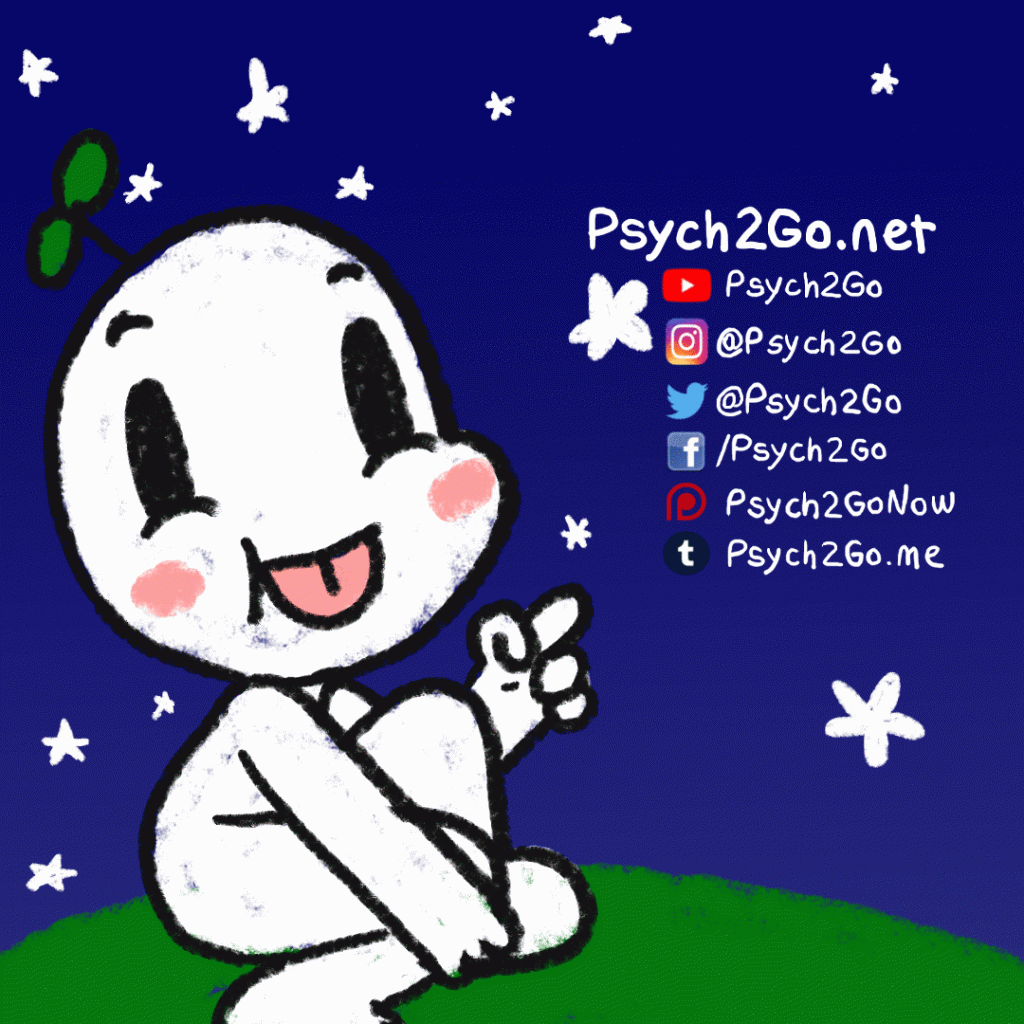
References:
- ADAA. (2010). Facts & Statistics | Anxiety and Depression Association of America, ADAA. adaa.org/about-adaa/press-room/facts-statistics
- Ankrom, S. (2020, April 17). When Depression and Anxiety Occur Together. Verywell Mind. www.verywellmind.com/depression-and-anxiety-2584202
- Dr. Tracey Marks. (2021, January 6). What is Anxious Depression? [Video]. YouTube. www.youtube.com/watch?v=oWJuIkzjbPc
- Holland, K. (2018, June 20). Depression and Anxiety: How to Identify and Treat Coexisting Symptoms. Healthline. www.healthline.com/health/mental-health/depression-and-anxiety
- Ionescu et. al, D. (2013, March 13). Defining Anxious Depression: A Review of the Literature. NCBI. www.ncbi.nlm.nih.gov/pmc/articles/PMC3773528/
- Jacobs, K. (2020, October 9). Anxiety vs. Depression: Which Do I Have (or Both?). Health Essentials from Cleveland Clinic. health.clevelandclinic.org/anxiety-vs-depression-which-do-i-have-or-both/
- Mayo Clinic. (2018a, February 3). Depression (major depressive disorder) – Symptoms and causes. www.mayoclinic.org/diseases-conditions/depression/symptoms-causes/syc-20356007
- Mayo Clinic. (2018b, May 4). Anxiety disorders – Symptoms and causes. www.mayoclinic.org/diseases-conditions/anxiety/symptoms-causes/syc-20350961
- Pajer, N. (2019, May 10). How It Feels To Have Anxiety And Depression At The Same Time. HuffPost. www.huffpost.com/entry/depression-anxiety-same-time_l_5cd43c54e4b09f321bdcfca9
- Robinson, K. (2015, July 23). What to Do When Depression and Anxiety Mix. WebMD. www.webmd.com/depression/features/anxiety-depression-mix


Responses